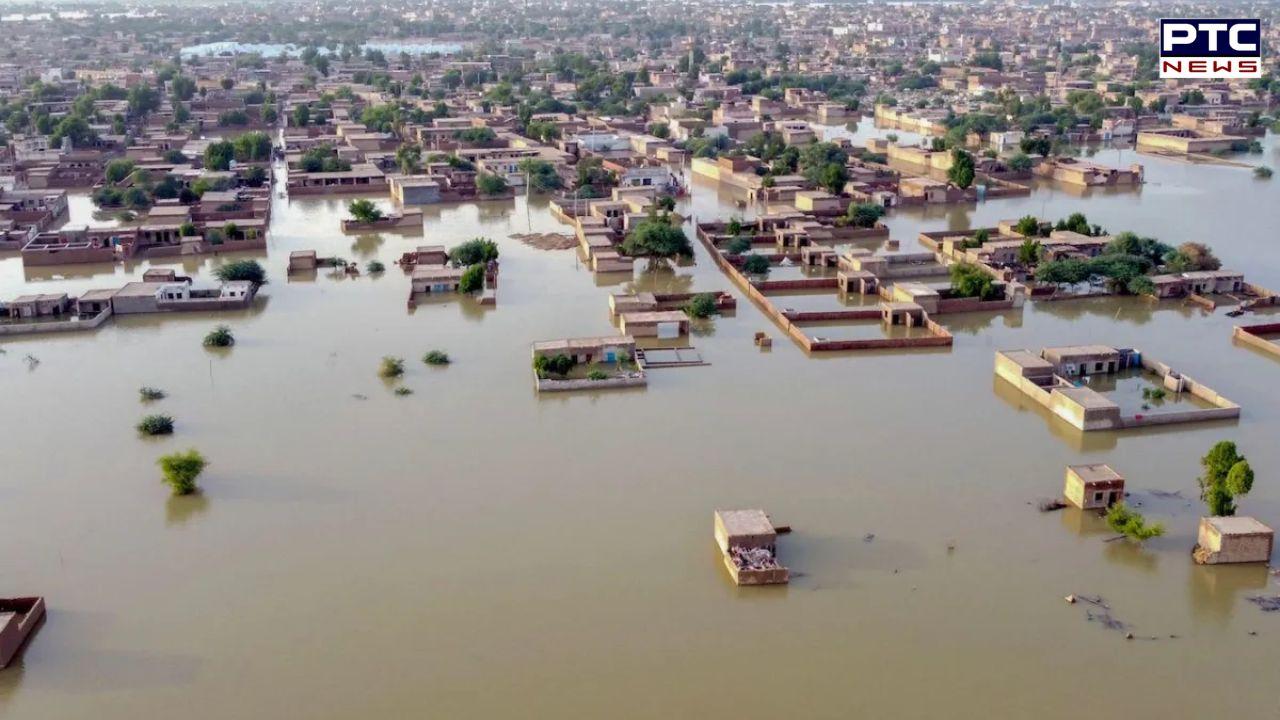Trial all set to begin for accused in tragic 2022 deaths of Gujarati family at US-Canada Border
TRAGIC: The Indian family of four had frozen to death while trying to cross US-Canada border; young child was found frozen in his father’s arms wrapped in a blanket

PTC Web Desk: A highly anticipated trial is set to commence on Monday for two men accused of running an international human smuggling network that resulted in the deaths of a family of four from Gujarat, India, in January 2022. The incident has drawn significant attention to the dangerous lengths migrants will go to in pursuit of a better life and the illicit networks that profit from these perilous journeys.
Jagdish Patel (39), his wife Vaishaliben, in her mid-30s, and their children, Vihangi (11), and Dharmik (3), were among 11 Indian migrants attempting to cross from Canada into northern Minnesota. Braving sub-zero temperatures, the family trekked through isolated farm fields where the temperature had plummeted to a deadly minus 36 degrees Fahrenheit (minus 38 Celsius). On January 19, 2022, the Canadian authorities discovered the bodies of the Patel family, with young Dharmik found frozen in his father’s arms, wrapped in a blanket.
The authorities have charged Harshkumar Patel, alias 'Dirty Harry', and Steve Shand, a US-based driver, with orchestrating the human smuggling operation. According to court documents, Harshkumar Patel managed operations from Canada while Shand handled transport on the US side. Both men have denied the charges, but they are accused of exploiting a growing trend of Indian nationals attempting to bypass the lengthy and arduous process of legal immigration to the US.
Investigations revealed that Jagdish Patel, a schoolteacher from the village of Dingucha, Gujarat, lived with his parents and was joined by his wife and two children in their fatal journey.
Reports indicate that smugglers often charge exorbitant fees—sometimes as high as $90,000 per person—to facilitate such treacherous crossings. In Dingucha, a village known for its connections to immigration schemes, some families have resorted to selling their agricultural land to fund these costly ventures.


